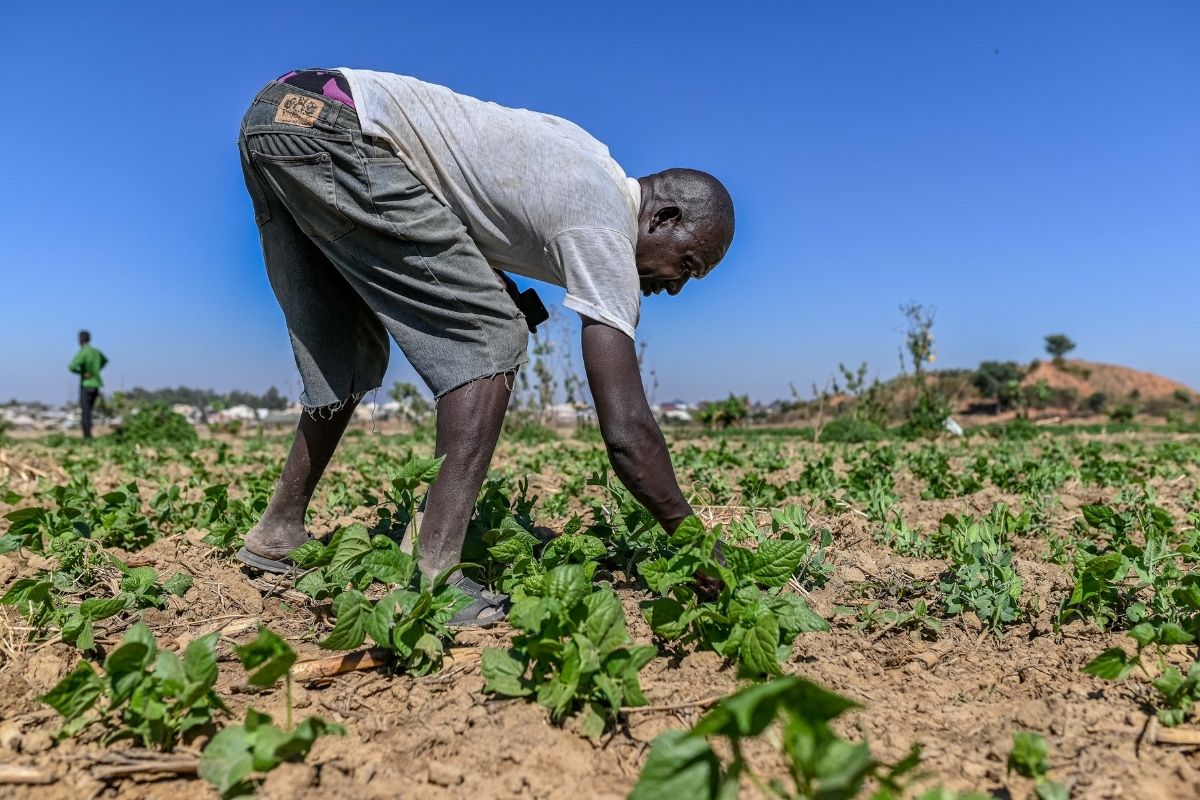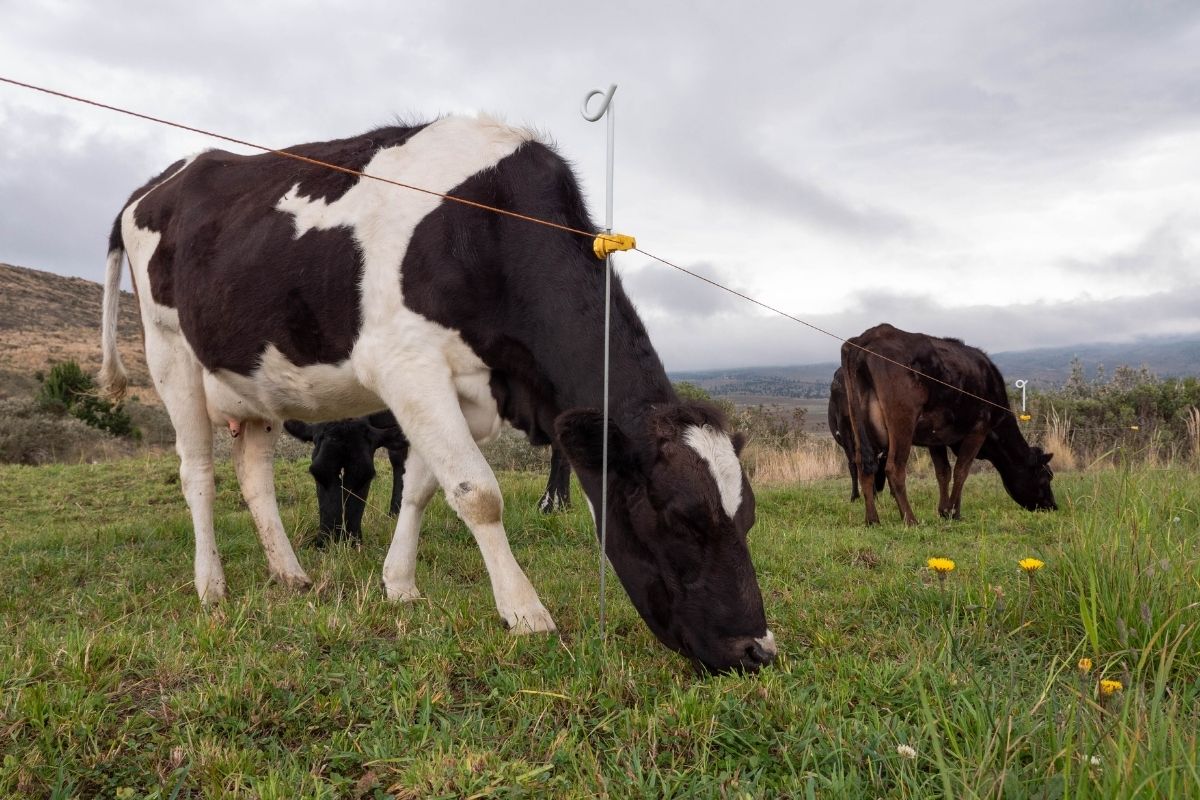Seed 100
The Seed 100 innovation fund supports agricultural initiatives led by our local partner organizations that aim to alleviate poverty and empower marginalized communities.
Why Farming?
More than 80% of the world’s extreme poor live in rural communities. Of these, about two-thirds are workers and families in the agriculture sector. Agriculture is inherently risky and often requires significant upfront investment. This poses a challenge for many smallholder farmers and agricultural entrepreneurs in developing countries who lack access to traditional financing options.
Partners Worldwide operates through a network of local partner organizations serving rural farming communities to close this gap. The Seed 100 initiative helps those partners to develop sustainable solutions to poverty in their own communities.
The name “Seed 100” is symbolic of the fund’s goal to plant “seeds” of innovation and entrepreneurship that will grow and multiply their impact on poverty alleviation. The “100” references the biblical parable of the sower, where seeds sown on good ground yield a hundredfold.

How it Works
Matching Grants
Seed 100 offers matching grants for research, piloting, and proving the viability of agricultural business models. This approach encourages our partners and entrepreneurs to test and refine their ideas at a small scale, where they can “afford to fail” and learn from their experiences without risking substantial financial losses.
Focus on Research and Development
Seed 100 champions a “research, pilot, improve, prove, invest” approach. Partner organizations begin with thorough market research to identify gaps and validate ideas. They then implement small-scale pilots, allowing for adjustments and learning.
Once a model demonstrates viability, partners can pursue additional investment for scaling their impact. This evidence-based approach increases the likelihood of identifying and investing in truly viable and sustainable business models.
The Impact
Honey Production in Nigeria
Mellifera, a honey production business in Nigeria, evolved its model with Seed 100 support to emphasize local ownership. Initially managing beehives directly, they transitioned to providing loans for farmers to own hives themselves.
Dairy Transformation in South Asia
A local microfinance partner established a Dairy Transformation Hub in South Asia, benefiting around 1,000 landless farmers. The initiative introduced village collection centers and a bulk milk chilling center, ensuring fair pricing and direct bank payments. This eliminated previous issues of unfair pricing and payment delays, with plans to expand to 3,000 farmers within a year.
Vegetable Value Chain in Ghana
In Ghana, Seed 100 funded a collaborative initiative linking different stages of the vegetable value chain. Alphamaga provided loans to farmers for essential supplies, while another partner, FWF Microfinance, supported traders purchasing from these farmers. This created a direct farmer-to-trader connection, strengthening the entire value chain and fostering a more equitable system.
